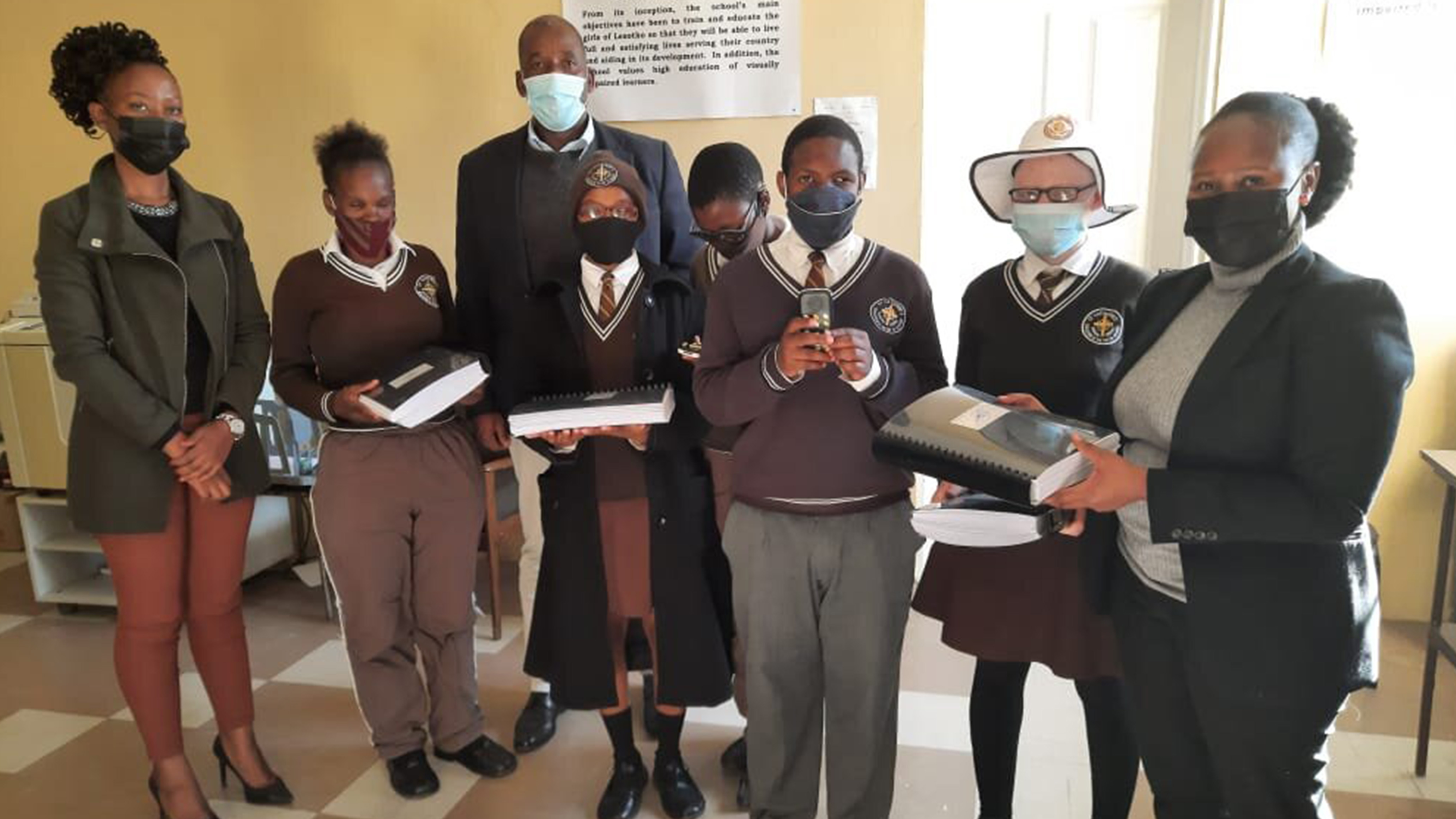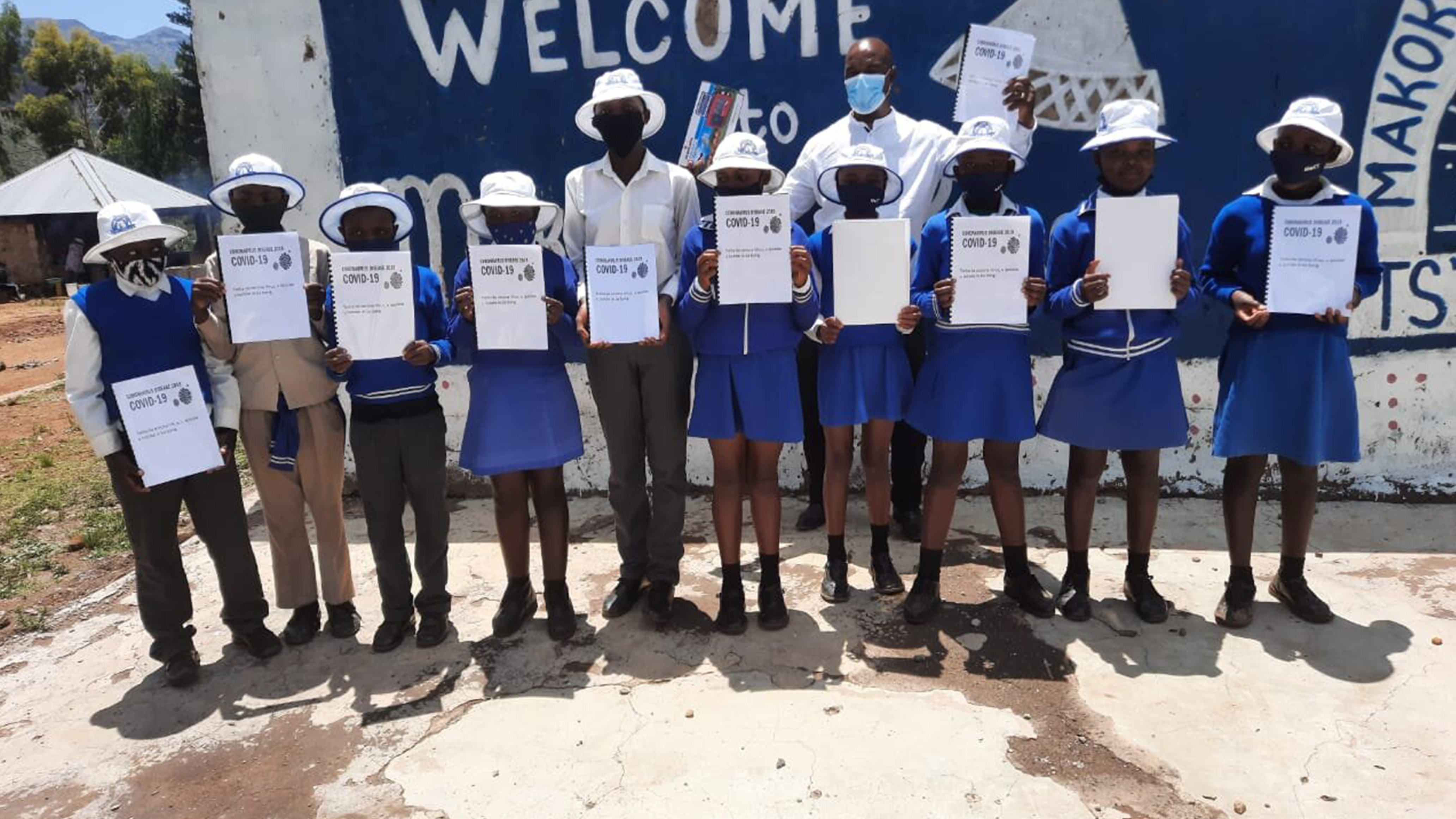- +266 2231 7428
- lnvip@tlmail.co.ls
- Ministry of Health Headquarters Building 5th Floor Room 501

OUR VISION
Inclusion and full emancipation of the visually impaired persons of Lesotho.
CONTACT INFORMATION
Tel: +266 2231 7428 | Email: lnvip@tlmail.co.ls
Ministry of Health Headquarters, Building 5th Floor, Room 501
OUR MISSION
To improve the quality of life and self-reliance of visually impaired persons in Lesotho.
ABOUT US
Lesotho National League of the visually impaired persons (LNLVIP) is an advocacy
organization of the blind and partially sighted people of Lesotho. It was founded in 1986 and legally registered the same year. Its mandate is to promote, protect and advocate for fair recognition of all human rights and fundamental freedoms of the visually impaired persons in to all public services and to provide opportunities that improve quality of life for the visually impaired to reach their full potential. It is LNLVIP’s accountability to sensitise the society about visual impairment and influence the government chambers to contribute in raising public awareness for the society to understand disability better. LNLVIP has representation in all the 10 districts of Lesotho in a form of branches and sub-branches. It is non governmental, non-religious, non-profit making and apolitical organisation.
WHAT WE DO
ADVOCACY
Advocacy is one of our guiding principles that form the rocky basis for the attainment of our strategic goals and objectives. This is a holistic approach that we use as a tool to break walls of normality that hinder inclusion of persons with visual impairment in the status quo. LNLVIP firmly stands to be the rigorous voice of blind and partially sighted people to speak for fair and equal treatment, interactive participation in all social activities and equal access to public facilities and services.
We work in collaboration with other civil society organizations for the public support to lobby the government of Lesotho to ratify regional and international human rights instruments that are established to promote the protection and recognition of disability rights and full enjoyment of such rights and freedoms by persons with disabilities. Currently, we are embarking on the collective agenda to recommend the kingdom of Lesotho to sign and eventually ratify the Protocol to African Charter on Human and People’s Rights on the Rights of Persons with Disabilities in Africa. The purpose of this protocol is to ensure the protection and equal enjoyments of human rights by persons with disabilities in Africa.
Suffice to say, LNLVIP deploy advocacy strategy for inclusive education. This is to ensure that children and youth with visual impairment acquire equal access to quality education in all mainstream schools across the country. In Lesotho, it is indicated in the constitution that every person is entitled to quality education regardless of their disability, race, political affiliation, etc., this puts more emphasis on the fact that access to education by the visually impaired is neither a privilege nor a favor.
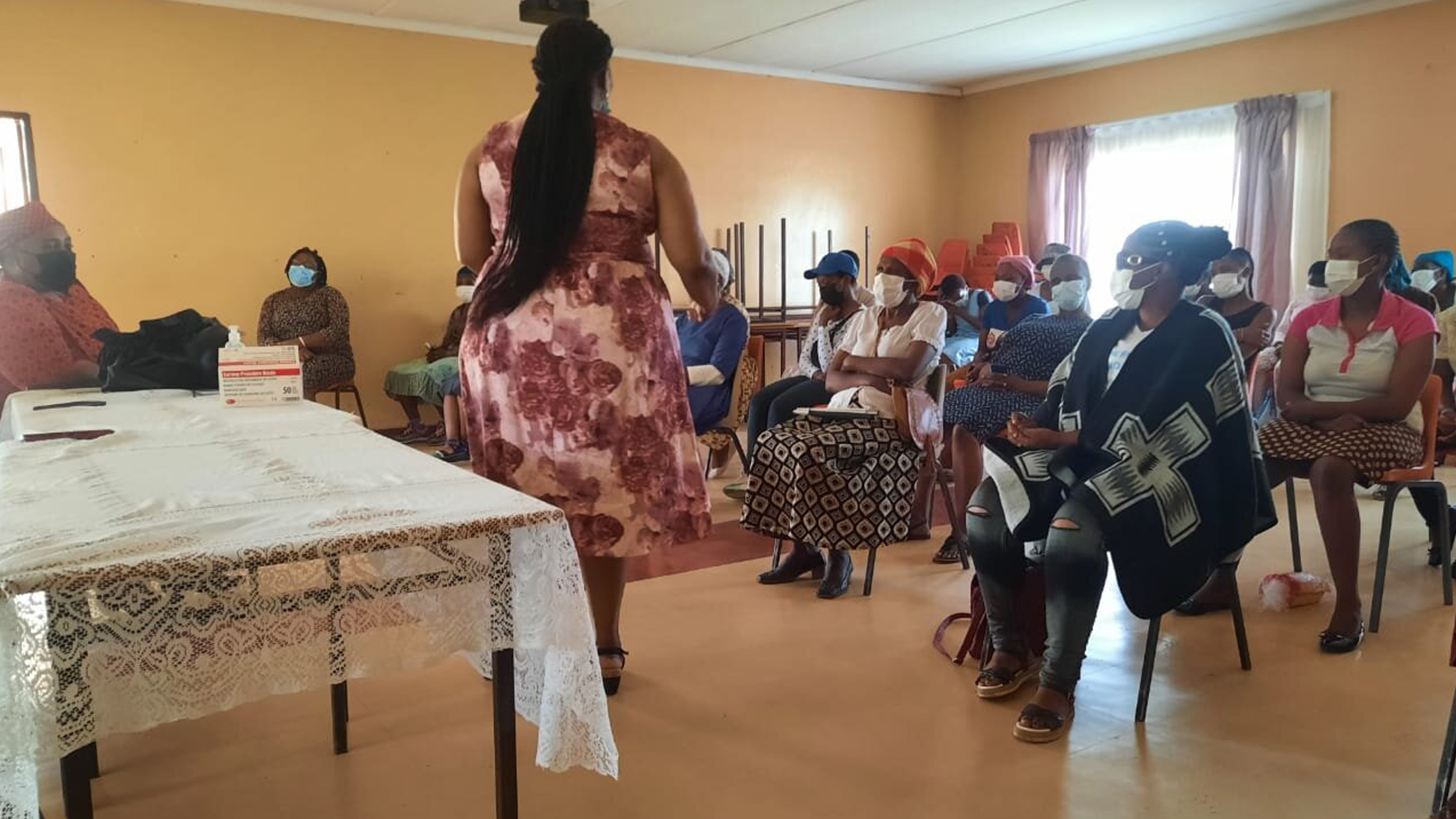
CAPACITY BUILDING
LNLVIP has established a variety of initiatives to build and strengthen capacities of visually impaired youth, women, men and others. This is carried out to sensitize visually impaired men, women, girls and boys about their human rights and fundamental freedoms in order to ensure full engagement and equal participation of in all social structures.


AWARENESS RAISING
LNLVIP has selected March as awareness month and the aim is to raise awareness, to foster understanding, acceptance and respect for visually impaired person by government, and by society at large. This is done through different platforms (public gatherings, media and meetings)
LNLVIP also celebrates international days (International Braille Day, World Sight Day as well as International White Cane Day) which are activities aimed at raising awareness about visual impairment and to highlight the existence of visually impaired persons in society.

COMPLETED PROJECTS
MOHLOLI OA BOPHELO REHABILITATION AND TRAINING CENTRE:
LNLVIP is a proprietor of Mohloli oa Bophelo Training and rehabilitation Centre (MBTC) located at Ha T’sosane. This centre was built basically to provide a range of mobility and orientation skills, technical skills and rehabilitation programs. On the bird’s eye view, the students get training on home economics, hand graph, the know how to use white cane independently including the know how to read and write braille which is a system of writing for blind and partially sighted persons. The centre enrolls only visually impaired persons not older than 60 years of age for a period of 12 months. The referrals are made to those who encounter visual impairment at the age of school going to inclusive schools to further their studies. It also reintegrates those who were employed back to their employment environment after being rehabilitated.
LNLVIP'S STRATEGIC MANAGEMENT
BOARD MEMBERS
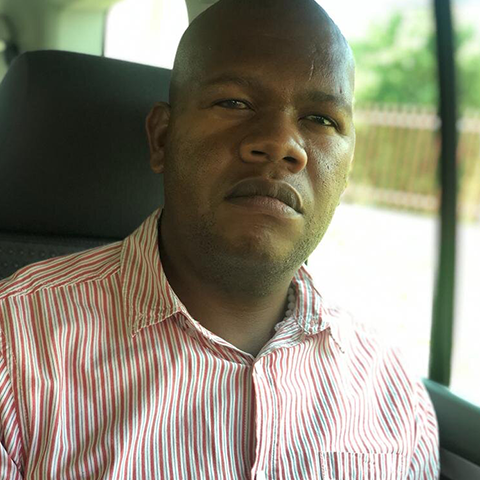
President
Jeremane Teele
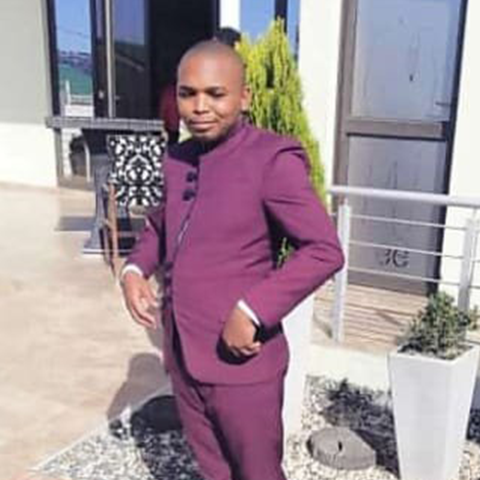
Deputy President
Kopano T'silonyane
‘Mankotseng Lebona
Treasurer
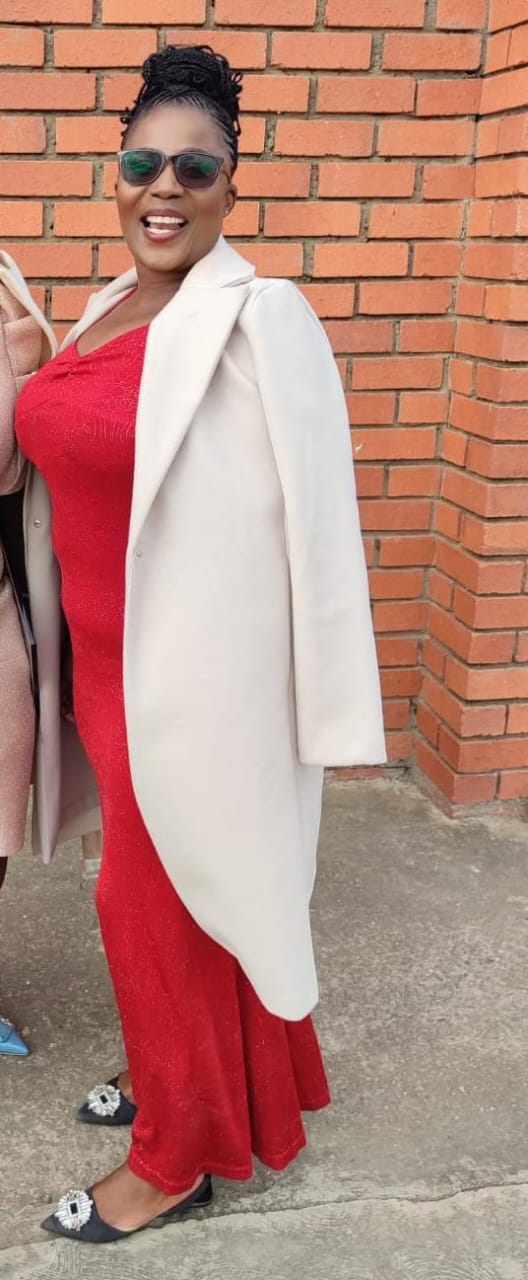
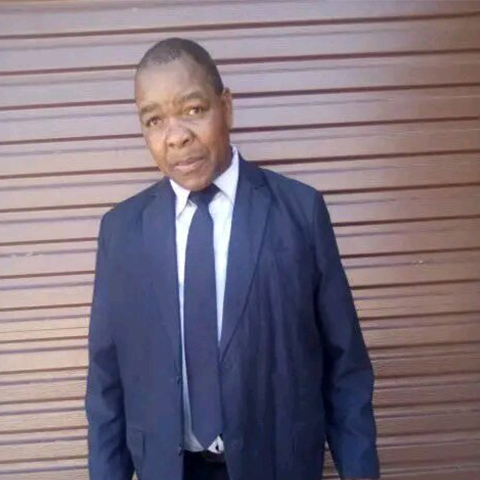
Vice Secretary General
'Muso 'Muso
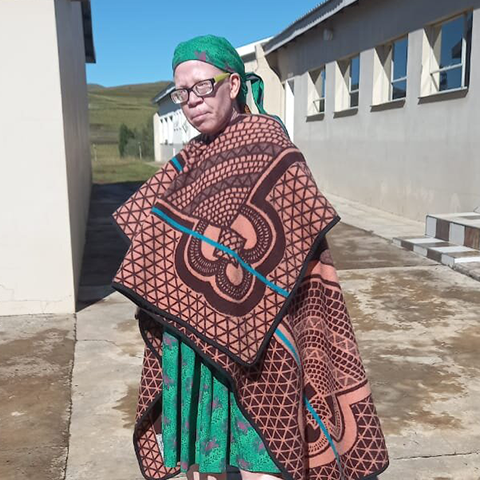
Publicity Secretary
Nteboheng Lehema
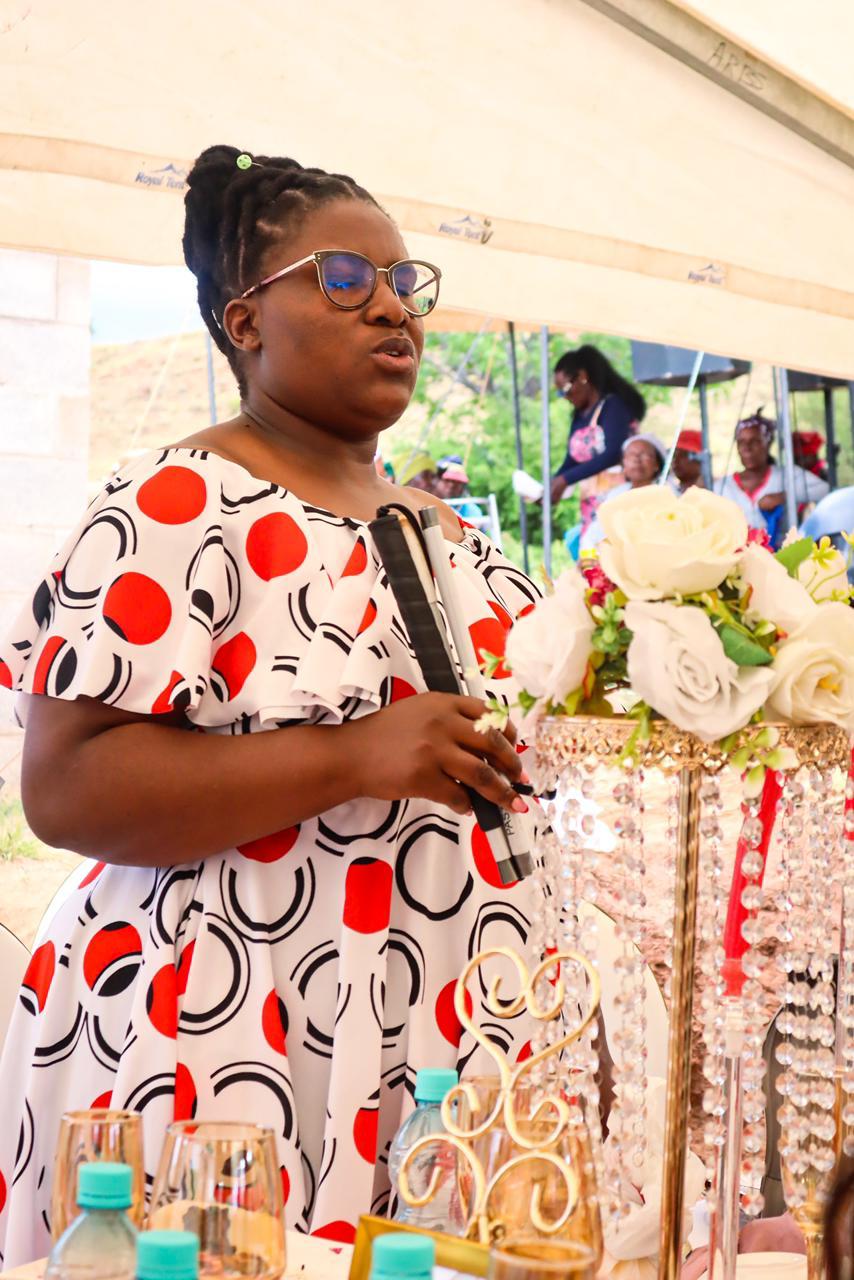
Vice Publicity Secretary
Nthabiseng Khalane
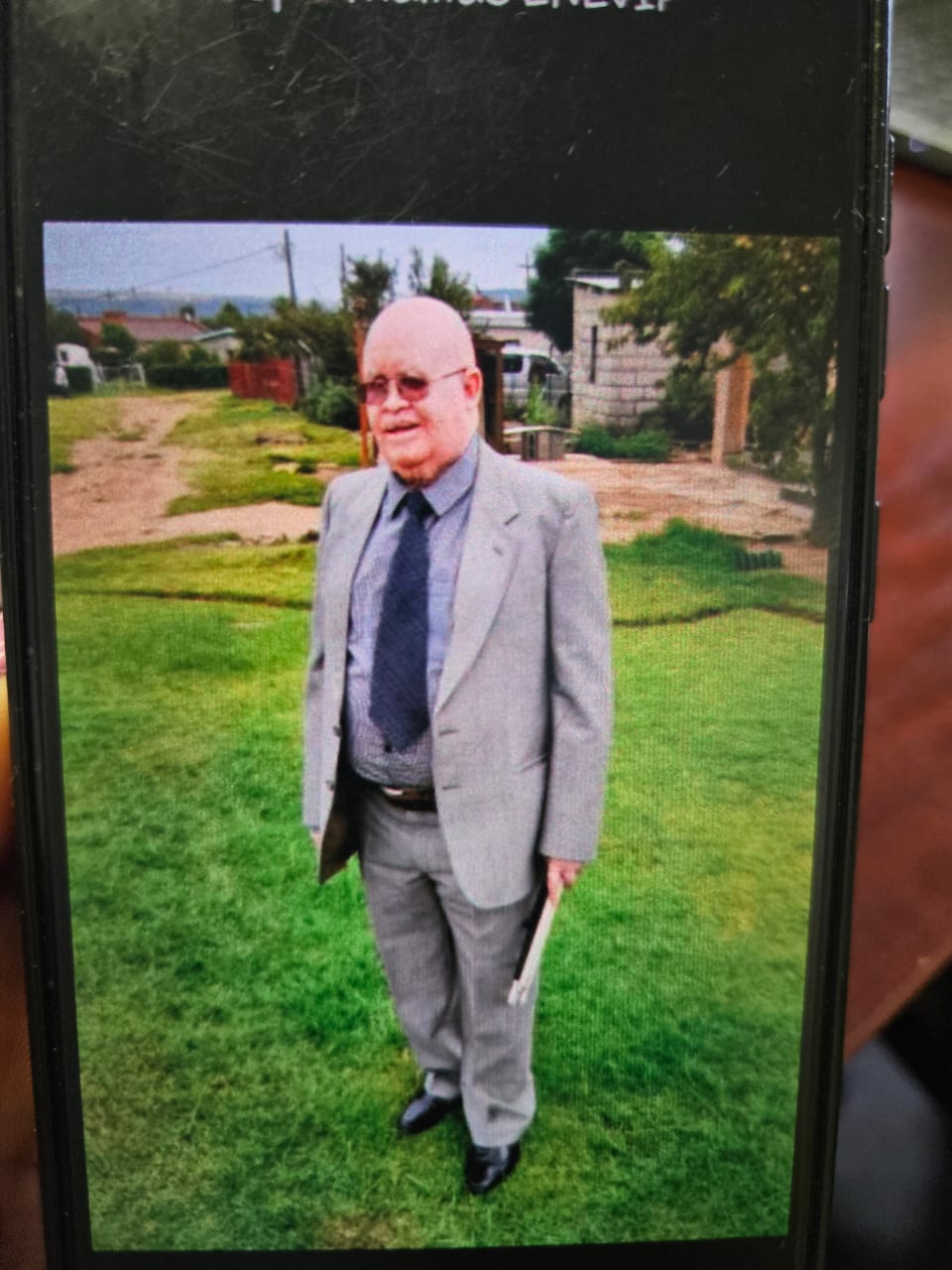
Floating Member
Joseph Thamae
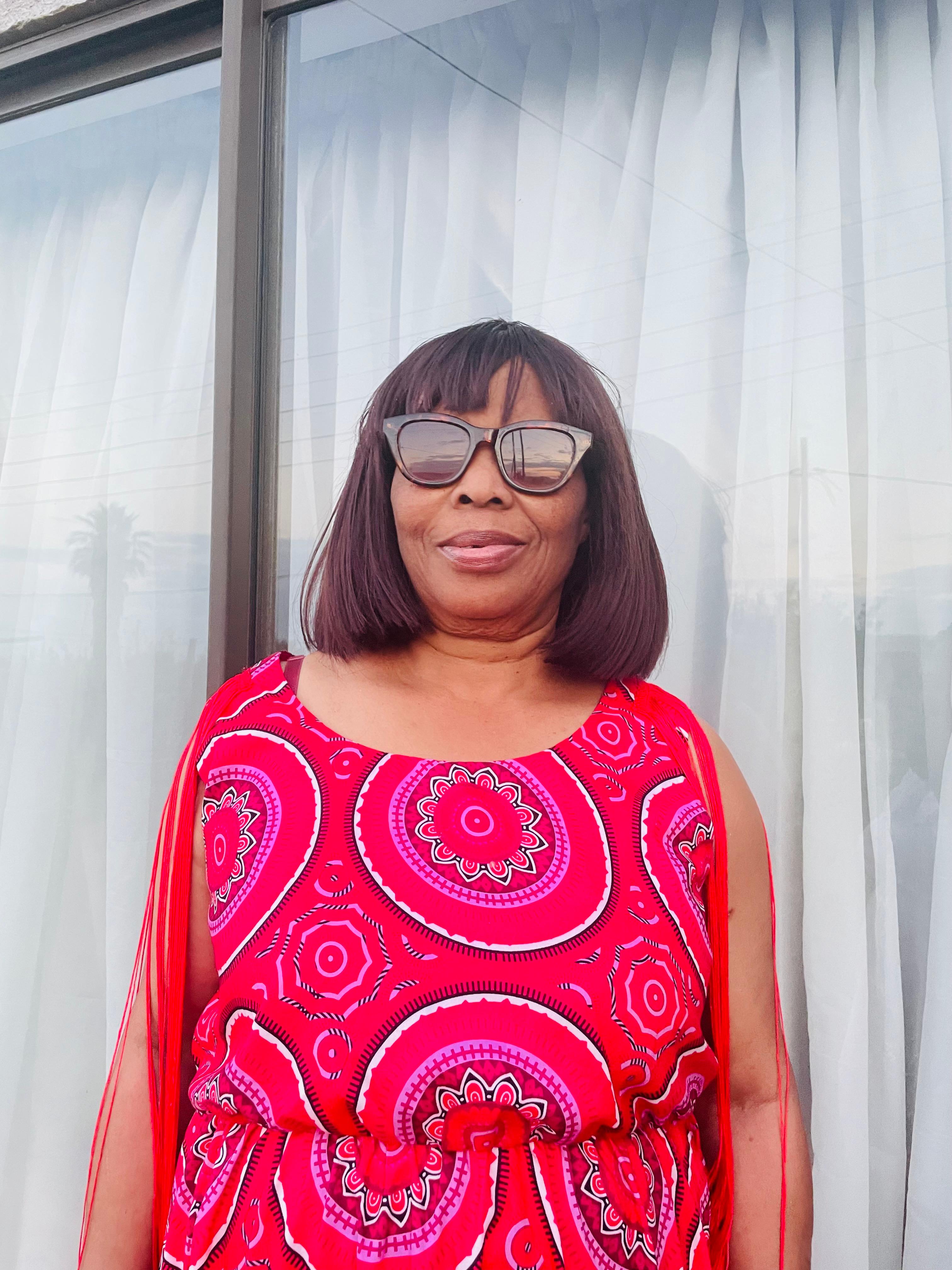
Floating Member
Makobasia Chaake
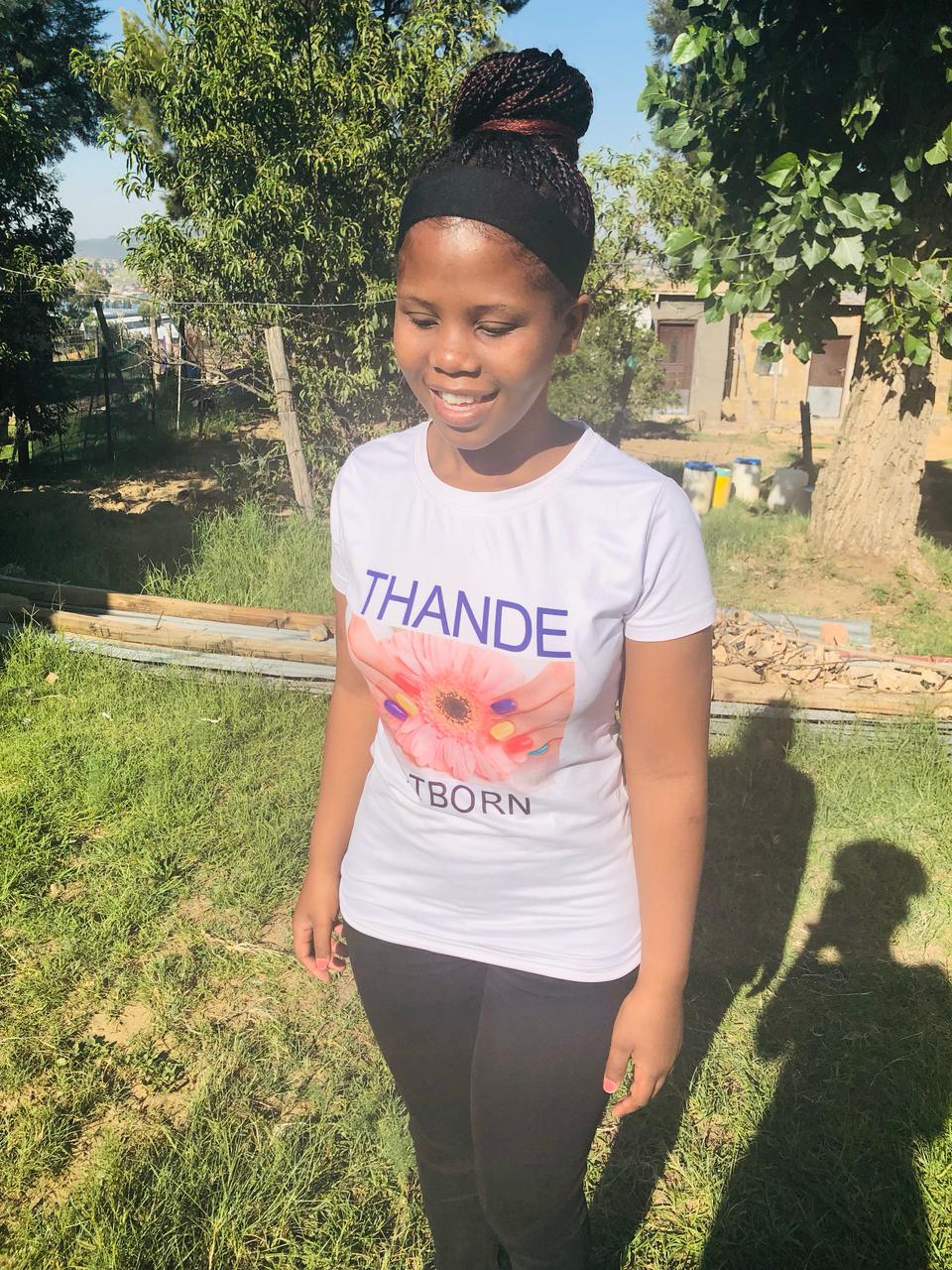
Floating Member
Mpeo Kherehloa
LNLVIP ORGANISATIONAL STRUCTURE:
- General Assembly
- General Meeting
- Executive Board
- District Branches
- Women Sub Committee
- Youth Sub Committee
- Office
LNLVIP CALENDAR
- January Celebration of international Braille Day
- March Awareness Month
- June Youth Month
- August Women's Month
- October Celebration of International White Cane DAy and World Sight Day
INCLUSIVE EDUCATION TEACHER TRAINING
The Inclusive Education Refresher training aimed to further equip inclusive education advocates in the identified schools with necessary knowledge and skills to effectively implement inclusive education in their schools and classrooms. A total of 26 teachers from 13 schools ( in 4 disricts namely: Maseru, Berea, Mohale’s Hoek and Leribe) were provided with solid foundation on the concepts and principles of inclusive education and the legal documents (both locally and internationally) supporting Inclusive Education, as well as understanding the importance and the roles of the School Inclusion Team with the expectation of establishing them in their respective schools. The training also touched on understanding disability and its underlying concepts so that teachers fully understand disability and how to include learners with different disabilities in the classroom setting.
